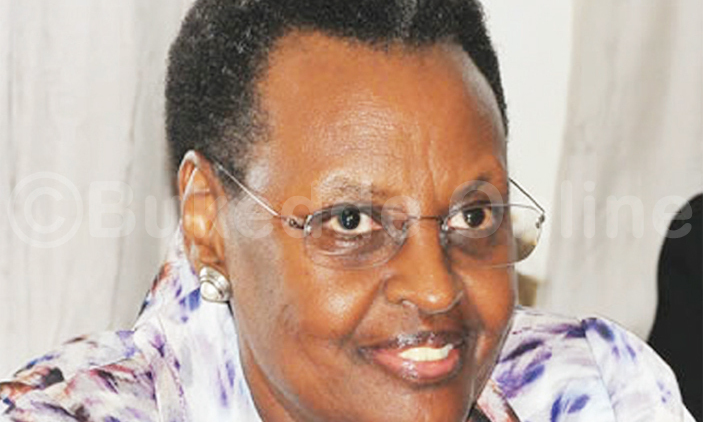Salaried for Primary School teachers in Uganda have increased by Shs239.226 billion from Shs779.450 billion in Shs.702 billion in financial 2019/20, according to the latest report released by the Ministry of Education and Sports. The release of the figures above is part of the on-going NRM Manifesto Week 2016-21, where government agencies are showcasing their achievements, challenges and future plans.
According to the report, there has been no salary enhancement for primary school teachers in the last three years because the increment prior to financial year 2016/17 put them above the pay targets in the pay policy approved by Cabinet.
Currently, the entry monthly salary for a Primary School Head teacher is Shs588, 359 whereas a Grade-III teacher receives Shs469, 355 per month. “Before the enhancement, the average salary for a primary school teacher was Shs 280, 000,” reads part of the report.
According to the report, the ministry recruited a total of 4,520 teachers within the last 3 years. “We have also advertised for an additional 3,610 positions of Secondary School teachers of which 1,945 are for Sciences and 1,665 for Arts,” the report further says.
The financing of the Education and Sports Sector increased by Shs504.65 billion in financial year 2017/18 compared with 2016/17, the report says.
The report says that at the end of financial year 2017/18, using Schools Facility Grant (SFG), government constructed 256 new classrooms in 45 districts while an additional 92 classrooms in 16 districts were renovated.
In the report the ministry says it has expanded 145 primary schools that had less than three permanent classrooms by providing an additional 933 classrooms using the Global Partnership for Education (GPE) grant to the government of Uganda. Of these schools, 138 have been completed and await furniture.
Meanwhile the report says the review of the Lower Secondary Curriculum is complete and Shs 29 billion has been provided in the financial year 2019/20 to fund the roll-out activities for the first year.
Of significance is that the subject menu has been reduced from 44 subjects to 20; content made lighter, and obsolete content removed. “It integrates approaches that will increase learners’ motivation to pursue careers in Science, Technology, Engineering, and Mathematics (STEM). It introduces project-based and problem-based learning so that learners become oriented towards a culture of problem-solving and reasoning,” the report says.
Further, the Curriculum seeks to promote entrepreneurship so that our young people can become engaged in production and not just job-seeking. It is founded on competence-based learning to prepare the learner for the 21st Century world-of-work, the report says.
Government has projected to increase financing of the Sector in financial year 2019/20 by Shs1.135 Trillion to Shs3.286 Trillion compared with the allocation of Shs2.15 Trillion to the sector in 2016/17.







